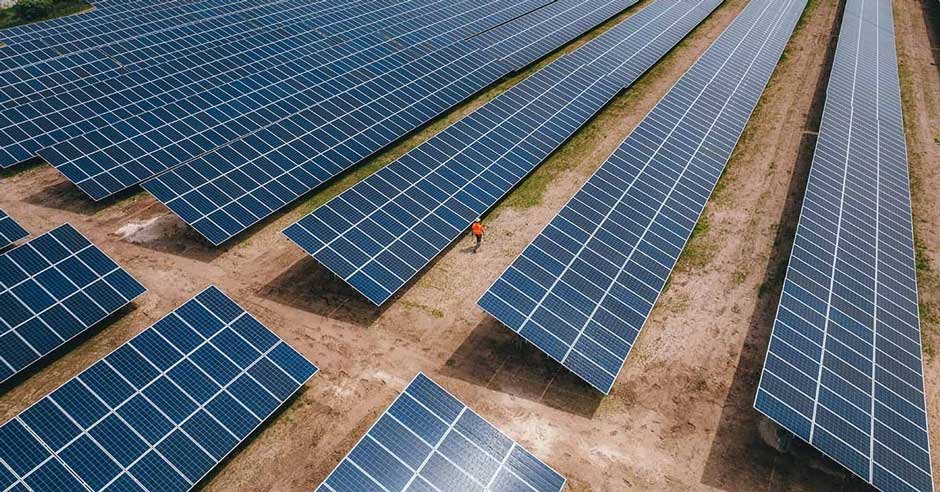Are you tired of your business being struck by the ever-rising electricity costs? The commercial grid can be unpredictable with rate fluctuations, making it difficult to budget for your business.
But what if there was a solution that could help stabilise these costs?
Enter solar panel installation! Not only does it offer financial benefits, but it also helps the environment.
However, before you jump on the solar bandwagon, it’s essential to evaluate if it’s the right fit for your business.
By considering the specific advantages of solar energy for businesses, you can make a more informed decision.
How is Solar Investment Good for Your Business in Doncaster?
Installing solar panels in a business offers multiple benefits. They harness renewable energy, promising a quick financial return, and can qualify businesses for tax credits.
The solar industry has advanced considerably in recent years, making solar technology an affordable and reliable energy alternative.
Adopting solar promotes sustainability and enhances a business’s green image, potentially attracting eco-conscious customers. It can also cut down electricity bills and boost a property’s value.
However, before transitioning, it’s essential to assess current and future energy needs. While solar is a long-term commitment, its advantages, such as reduced costs, energy autonomy, and tax incentives, are substantial.
Solar energy has disadvantages, including high upfront costs, space requirements, location limitations and maintenance. However, solar panels can be a worthwhile investment in the long term.
Businesses can benefit from power purchase agreements, business rates relief, potential profits from excess energy and capital allowances.
Therefore, before investing in solar panels, research property ownership, business duration, added property value, and feasibility of energy generation.
Find the Right Solar Installer for Your Business
For your solar transition to be successful, you will need the help of a trusted solar panel installer in Doncaster. When selecting a solar installer, consider the following key factors:
- Expertise: Ensure that the installer is certified. If the company lacks certification, look for positive client reviews as an alternative indicator of their expertise.
- Licenses and Insurance: The installer should possess relevant licenses, such as a C-10 (general electrical contractor’s license), and be equipped to manage the system’s electrical components. They should also have public liability insurance for added protection.
- Experience: Opt for an installer with a consistent work history to ensure project completion. Request references or examples of their previous installations.
- Reputation: Examine customer reviews to gauge the installer’s reliability and performance. Consistent negative feedback is a red flag.
- Workmanship Warranty: The installer should provide a warranty covering potential installation errors. While warranties can range from one to 25 years, be cautious of newer companies offering long-term warranties without a proven track record in the industry.
Conclusion
In Doncaster, businesses are turning to sustainable solutions like solar energy to combat rising and unpredictable commercial grid costs. Solar energy, with its recent advancements, stands out as a reliable and economical choice.
It allows businesses to stabilise energy expenses, bolster their eco-friendly image, and appeal to environmentally-conscious customers.
Before shifting, businesses must assess their energy needs, weigh the initial costs against long-term benefits, and understand potential savings and tax perks.
The selection of a competent solar installer, backed by experience and a positive reputation, is pivotal.
In essence, while solar energy holds promise for Doncaster businesses, a well-researched approach and the proper installation partner are crucial to maximising its benefits.

